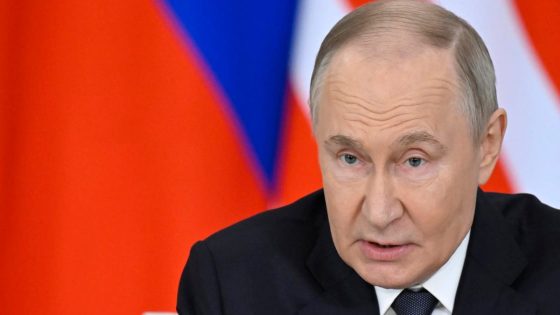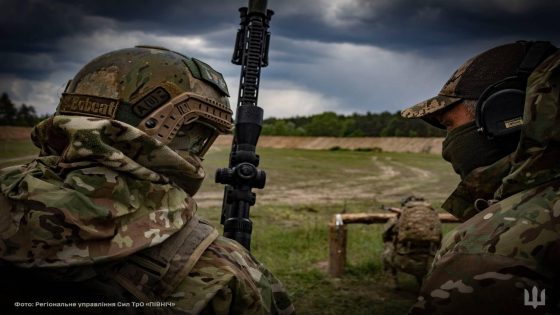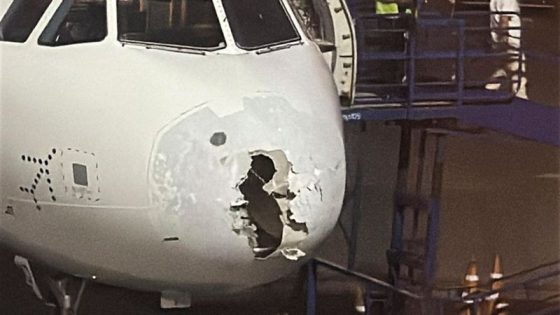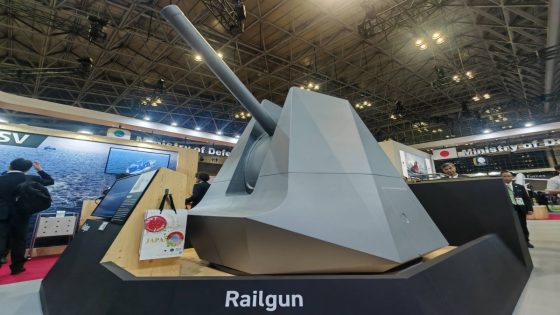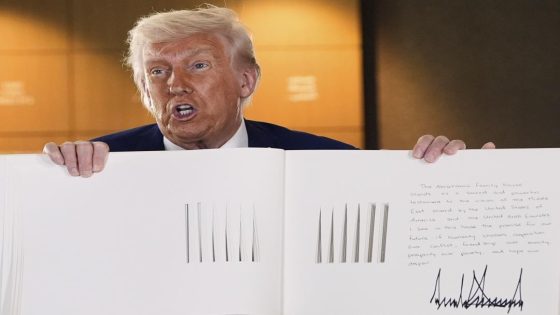Punitive tariffs on Russian imports are currently under discussion among European officials as the EU seeks to tighten its sanctions against Moscow. Since the 2022 invasion of Ukraine, the EU has imposed significant sanctions but has refrained from a complete trade embargo. The idea of implementing tariffs has emerged as a potential workaround to Hungary’s resistance to stricter measures.
- EU discusses punitive tariffs on Russian imports.
- 17th sanctions package targets shadow fleet ships.
- Confusion over Kyiv-Moscow talks attendees.
- Trump emphasizes need for direct Putin meeting.
- U.K. warns of stronger sanctions if talks fail.
- Macron's aide claims Putin is "hiding."
On Wednesday, EU ambassadors finalized a 17th sanctions package aimed at Russia, targeting nearly 200 vessels from the shadow fleet that are used to circumvent existing restrictions on oil and gas exports. As these discussions unfold, the global community watches closely, especially following the recent talks scheduled in Turkey on 2025-05-16 07:00:00.
As the situation develops, one must ask: how effective will these new sanctions be in altering Russia’s course? The absence of President Putin from crucial talks raises further questions about the Kremlin’s willingness to engage diplomatically. Key points include:
- EU sanctions now target a significant portion of Russia’s maritime operations.
- Putin’s absence from talks signals potential resistance to negotiations.
- U.S. involvement may hinge on direct discussions with Putin.
- Failure of talks could lead to intensified sanctions from multiple nations.
As the world awaits further developments, it is crucial for nations to remain united in their approach to ensure a peaceful resolution to this escalating crisis.



